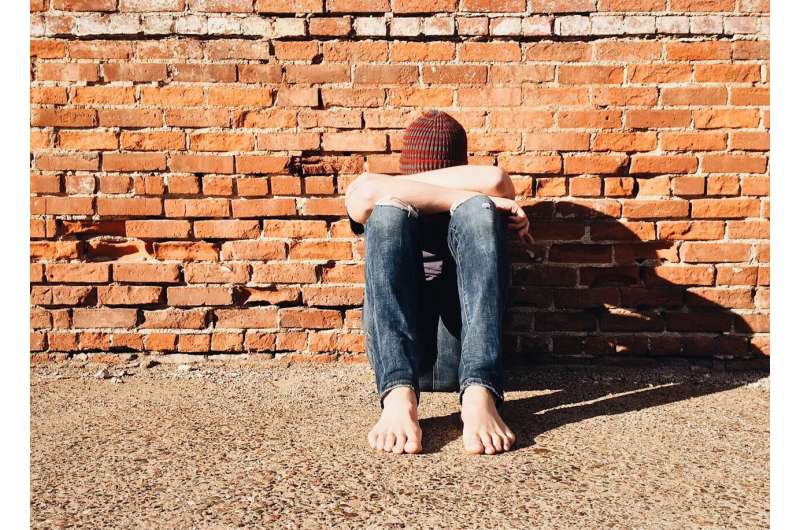
The effects of bullying on teens’ mental health are well-documented. But could bullying also shape their future aspirations?
Our latest research reveals that teens who are bullied in ninth grade become more pessimistic about their educational and career prospects beyond high school. Specifically, being bullied increases teens’ risk for depression, which leaves them feeling hopeless about the future.
As a developmental psychologist who studies adolescent well-being, I set out to better understand the long-term effects of bullying on teens’ expectations for the future. My research team recruited 388 high schoolers who had recently started ninth grade. We asked them to complete surveys every several months for three consecutive years.
Teens who reported being more frequently bullied by peers in ninth grade subsequently reported lower expectations for their future educational and career prospects by 11th grade. That is, bullied teens felt less confident in their ability to achieve their desired level of education, find enjoyable work and make enough money to support themselves after high school. Students who experienced more bullying in ninth grade were likely to see their future expectations drop by approximately eight percentile points, compared with peers who were not bullied. This drop remains significant even after accounting for factors such as race, gender, socioeconomic status and earlier expectations for academic achievement.
Interestingly, one type of bullying appeared to have an especially negative impact. Adolescents who experienced forms of peer victimization that involve exclusion— being deliberately ignored or left out of group activities—or who experienced damage to social relationships were the worst off. But adolescents who were the targets of overt victimization—such as hitting and kicking or threats and direct name-calling—did not report lower future expectations.
Why does bullying that affects teens’ relationships and social reputations dampen teens’ optimism for future success? We found that depression plays a role. Teens who experienced this kind of bullying in the ninth grade showed more depressive symptoms by 10th grade. Having greater depressive symptoms in 10th grade was associated with having lower future expectations a year later. Given that peers become increasingly important in adolescence, bullying that directly damages these relationships appears to be particularly insidious.
Past research shows that teens with negative future expectations are less likely to attend college and secure high-level jobs in adulthood. Our findings suggest that bullying at the beginning of high school may start a cycle of hopelessness and pessimism about later educational and career prospects. Investing in proven strategies to prevent bullying, such as programs that promote bystander intervention and offer targeted supports for victims, has already been shown to improve young people’s health and could also help break this cycle.
We plan to conduct additional surveys with the young people who participated in our research as they transition to college and the workforce in the coming years. By doing so, we hope to identify the best ways to intervene to prevent bullying and its effects. Our ultimate goal is to ensure that all adolescents feel confident in their potential to thrive as adults.
This article is republished from The Conversation under a Creative Commons license. Read the original article.![]()
Citation:
Being bullied in high school can make teens less optimistic about the future (2024, October 1)
retrieved 6 October 2024
from https://medicalxpress.com/news/2024-10-bullied-high-school-teens-optimistic.html
This document is subject to copyright. Apart from any fair dealing for the purpose of private study or research, no
part may be reproduced without the written permission. The content is provided for information purposes only.


